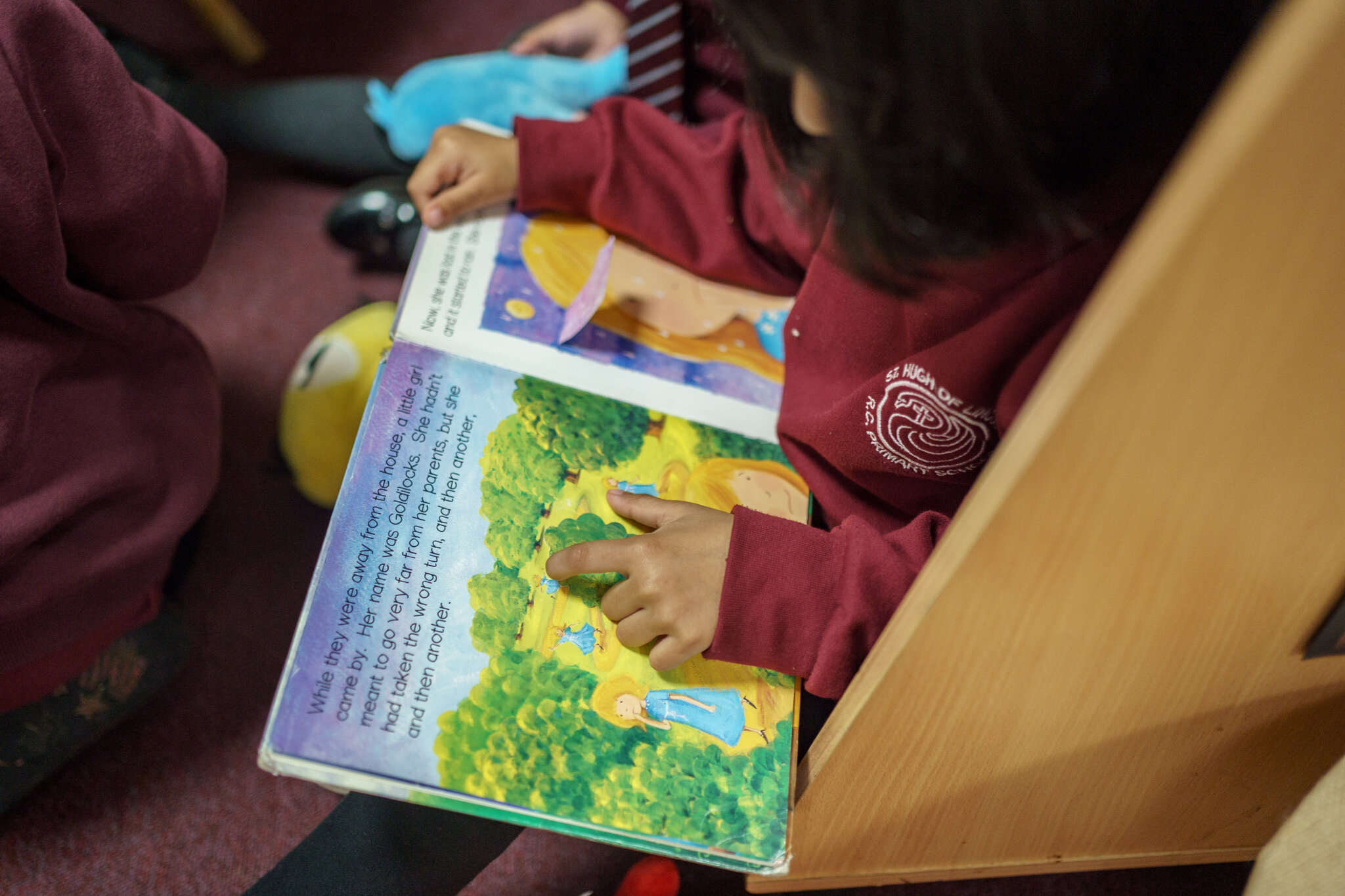Click here for updated Pupil Premium Strategy 2024 - 2027
Click here for Pupil Premium Impact Statement 2023
Click here for Pupil Premium Impact Statement 2022
Click here for the updated Pupil Premium Strategy 2021 - 2024
Click here for the Pupil Premium Strategy Statement for 2020/21
Click here for the Pupil Premium Impact Report for 2020/21
Publicly-funded schools in England get extra funding from the government to help them to improve the attainment of their disadvantaged pupils. Evidence shows that children from disadvantaged backgrounds often do not perform as well as their peers, and generally face extra challenges in reaching their potential at school.
Since its introduction in 2011, this funding has evolved and is now allocated to schools on the basis of the number of pupils who have been eligible for free school meals at any point over the last 6 years; children who are looked after or have previously been looked after; children who have left local authority care or children of service personnel.
The Pupil Premium Grant is designed to allow schools to help disadvantaged pupils by improving their progress and the exam results they achieve. The DFE has given us the freedom to use the Pupil Premium Grant as we sit fit, based on the knowledge of our pupils’ needs.
Every year this is assessed by the SLT and Pupil Premium Lead and adapted depending on the current cohort and the needs of the children receiving a Pupil Premium Grant. Evidence suggests that pupil premium spending is most effective when schools use a tiered approach, targeting spending across the areas of teaching, academic support, and also a wider non academic approach.
Over the previous years, this money in our school has been used to help provide many initiatives. Below are just a few examples.
-
One to one and small group support for children within the classroom, to help children reach their full potential in Numeracy and Literacy
-
Employing extra teaching assistants to work with classes, for the same reason as above
-
Providing music lessons for children whose families would be unable to pay for them
-
Funding educational trips and visits
-
Pyramid Club, an art and crafts initiative to support pupils' self esteem, attitudes to learning, sense of well-being and enjoyment of school
-
Funding club activities - To ensure the children are able to participate and to give children the opportunity to experience new and challenging activities
-
Forest School – To allow children to get outside in the fresh air and assist in concentrating on their emotional health and well being
-
Contributing to the cost of a counsellor
-
During COVID-19 The school used Pupil Premium funding to purchase chrome books for all the eligible children.
.png)
